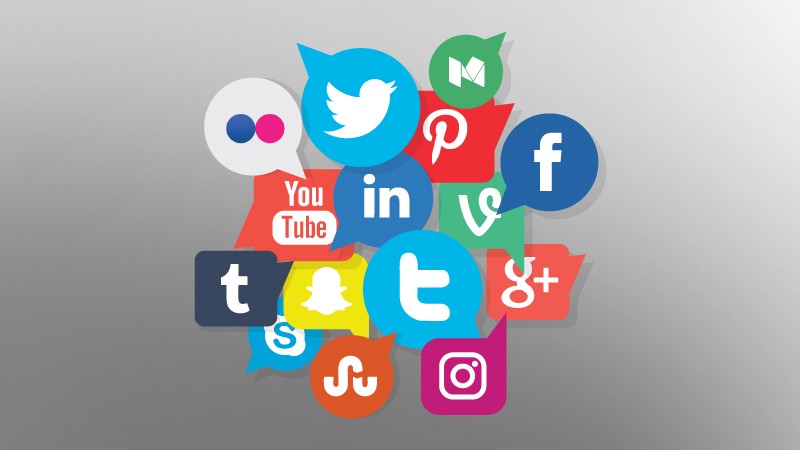"Being chronically online has become a factor that significantly affects those with access to the internet, especially youth. When you become so engrossed in internet norms and culture you become out of touch with societal norms. What does that look like on the internet as a whole- especially influential people- today?" --Lola Christ, 9th grade
As of 2018 92% of households had at least one computer, meaning many of us today have quick and easy access to the internet. Global average screen time per day comes out to 6 hours and 58 minutes, but screen time in America comes out to 7 hours and 4 minutes, meaning not only do most people nowadays have access to the internet, but they spend most of their time pursuing it. You can imagine this causing issues with the way the internet has you interacting with people versus the way real life will.
Here you start to understand this protective veil online worlds provide, and how these are going to skew reality. The online world can also involve slang that doesn’t intersect well when applied to real life. Tone indicators or anagrams shorten messages that frankly don’t have use when talking to real people in real life, different communities thrive on norms that would be inappropriate in real life. Creating a space where sometimes the way you interact with people online becomes hard to differentiate from real life. This can be seen in some celebrities whose online personas depend on being attached to the internet, which can make it hard for them to make choices based on the norms of reality.
Now the bigger problem here is the sense of anonymity the internet provides people, meaning the outlet the internet provides in which consequences aren’t largely suffered because of the ability to remain entirely anonymous can allow people to become adjusted to voicing certain unfortunate opinions, such as racism, sexism, homophobia, or general opinions not usually respected in real life. You can’t voice your frowned-upon superiority complexes in society, but on the internet, you're free to be as open as you please.
Celebrities tend to fall victim to these cycles of being online too, like Kanye West who used social media as a platform to spread personal information and hate, without the realization the reach socials have. Doja Cat, did the same in her dispute with Noah Schnapp, where he leaked their Direct Messages, but she failed to realize that he was still a child. That's a result of the anonymity these apps create, where people aren’t able to have real empathy towards the people they're interacting with, the same way Kanye West was able to blast his family on socials because the culture it creates allows people to disconnect from reality.
The main takeaway from all of this is that although social media can be a toxic environment, especially if you’ve engaged in it constantly, the real issue is us and the way we chose to take advantage of this environment. Even though the media itself opens the door for all of these problems, we as a whole are the ones taking advantage of it.
Here you start to understand this protective veil online worlds provide, and how these are going to skew reality. The online world can also involve slang that doesn’t intersect well when applied to real life. Tone indicators or anagrams shorten messages that frankly don’t have use when talking to real people in real life, different communities thrive on norms that would be inappropriate in real life. Creating a space where sometimes the way you interact with people online becomes hard to differentiate from real life. This can be seen in some celebrities whose online personas depend on being attached to the internet, which can make it hard for them to make choices based on the norms of reality.
Now the bigger problem here is the sense of anonymity the internet provides people, meaning the outlet the internet provides in which consequences aren’t largely suffered because of the ability to remain entirely anonymous can allow people to become adjusted to voicing certain unfortunate opinions, such as racism, sexism, homophobia, or general opinions not usually respected in real life. You can’t voice your frowned-upon superiority complexes in society, but on the internet, you're free to be as open as you please.
Celebrities tend to fall victim to these cycles of being online too, like Kanye West who used social media as a platform to spread personal information and hate, without the realization the reach socials have. Doja Cat, did the same in her dispute with Noah Schnapp, where he leaked their Direct Messages, but she failed to realize that he was still a child. That's a result of the anonymity these apps create, where people aren’t able to have real empathy towards the people they're interacting with, the same way Kanye West was able to blast his family on socials because the culture it creates allows people to disconnect from reality.
The main takeaway from all of this is that although social media can be a toxic environment, especially if you’ve engaged in it constantly, the real issue is us and the way we chose to take advantage of this environment. Even though the media itself opens the door for all of these problems, we as a whole are the ones taking advantage of it.


